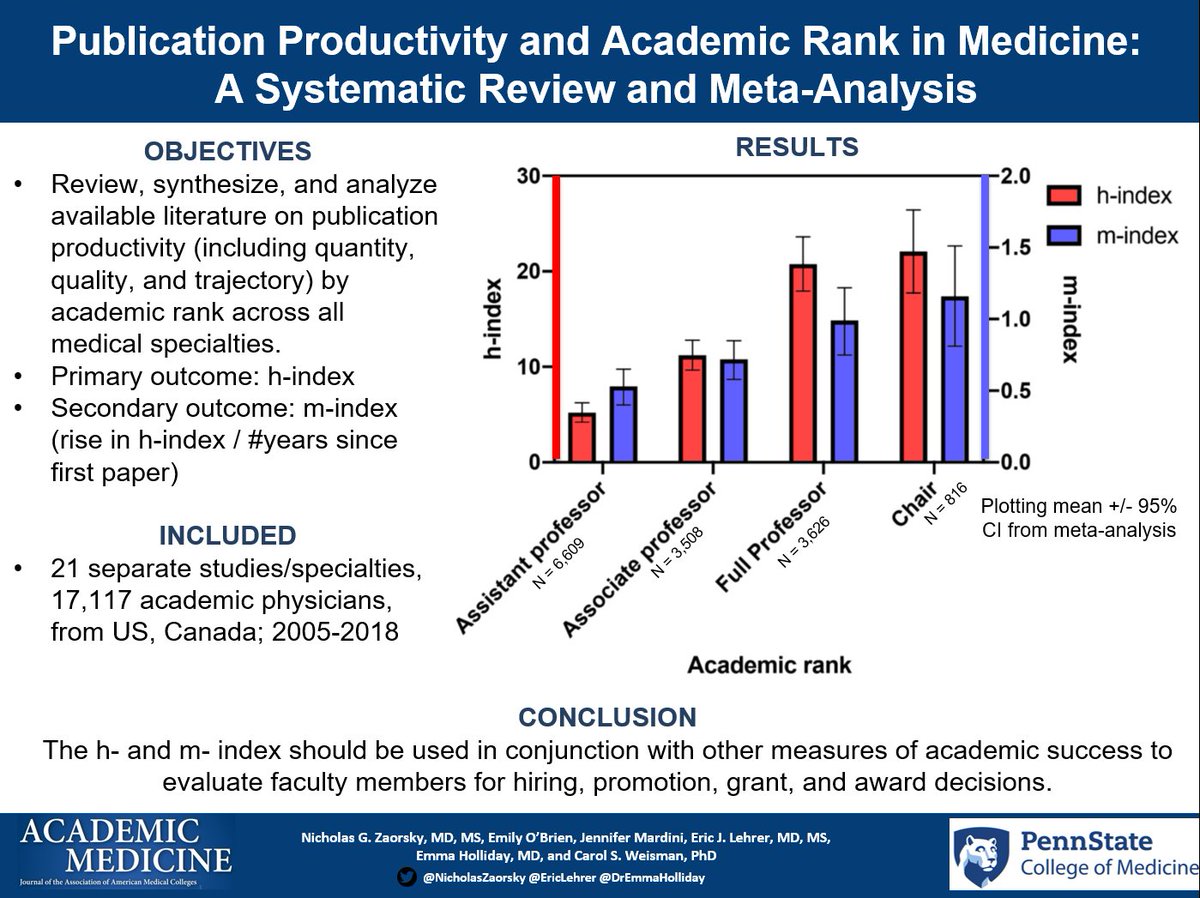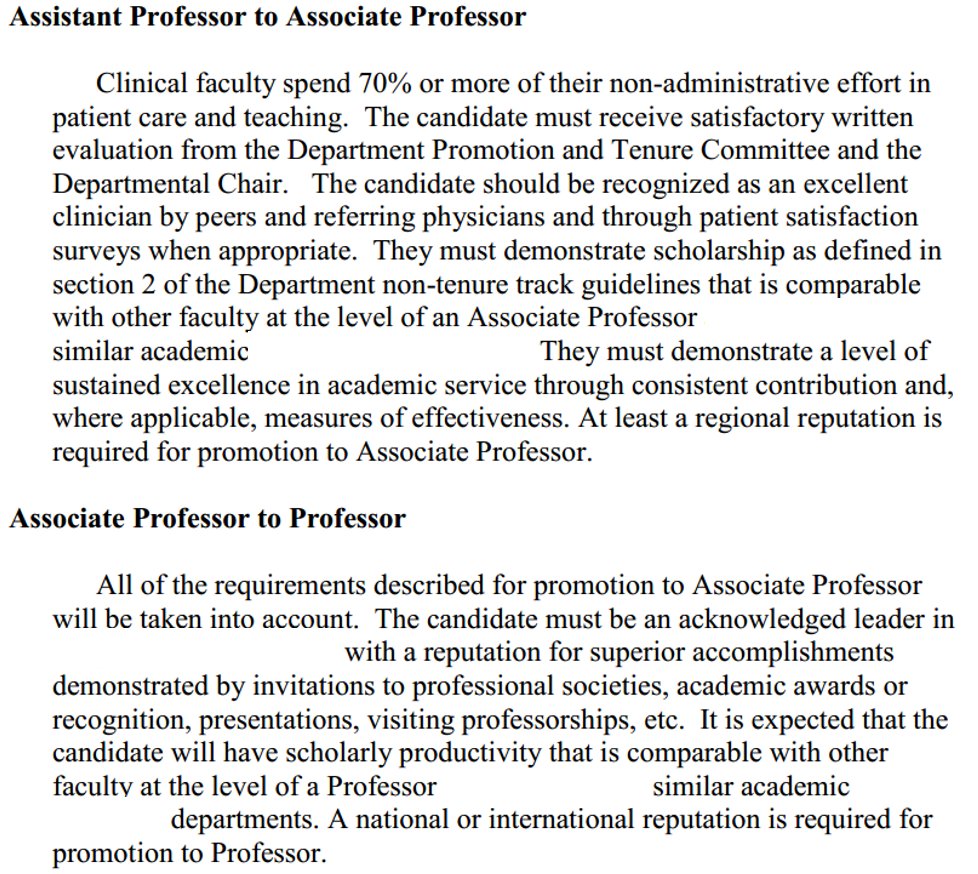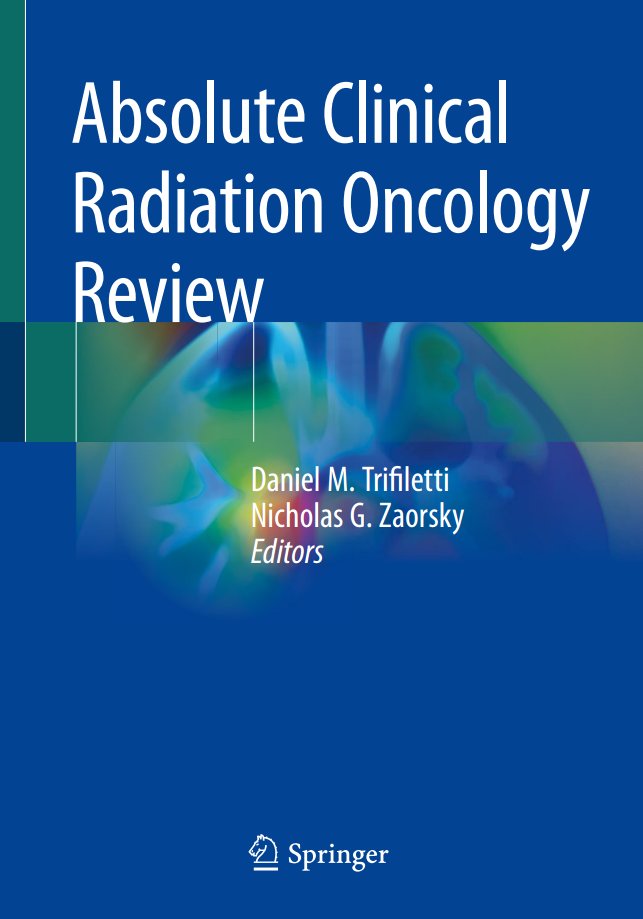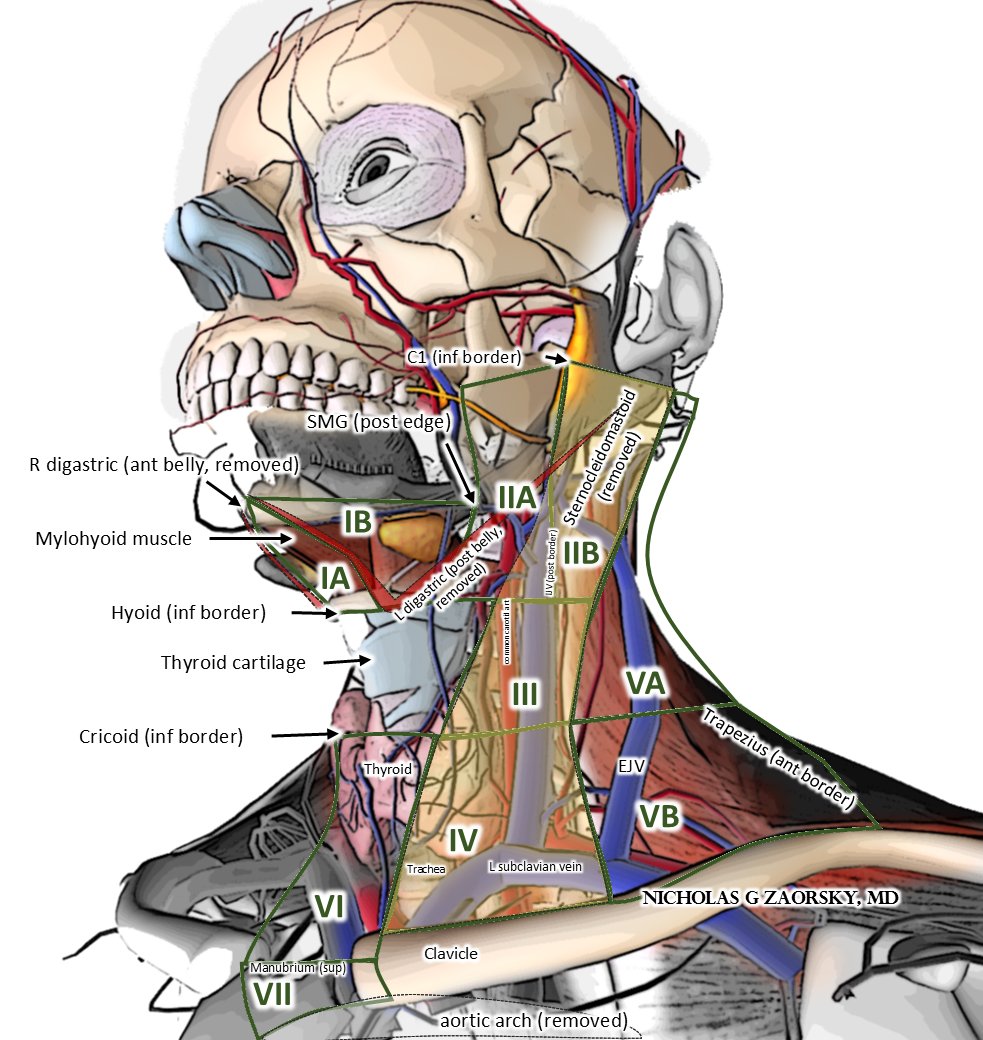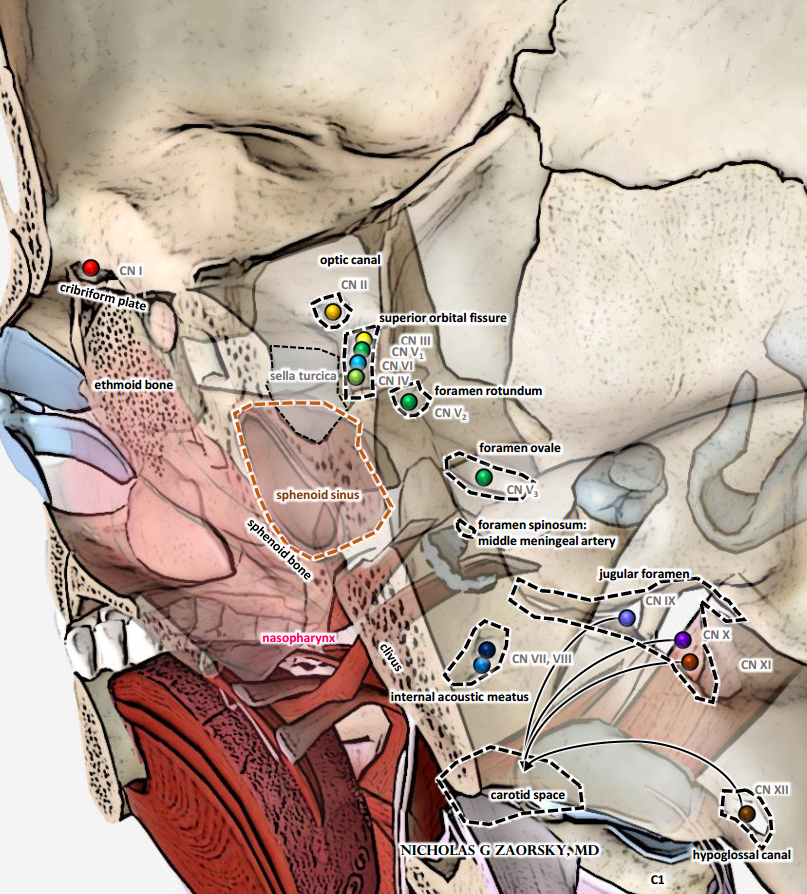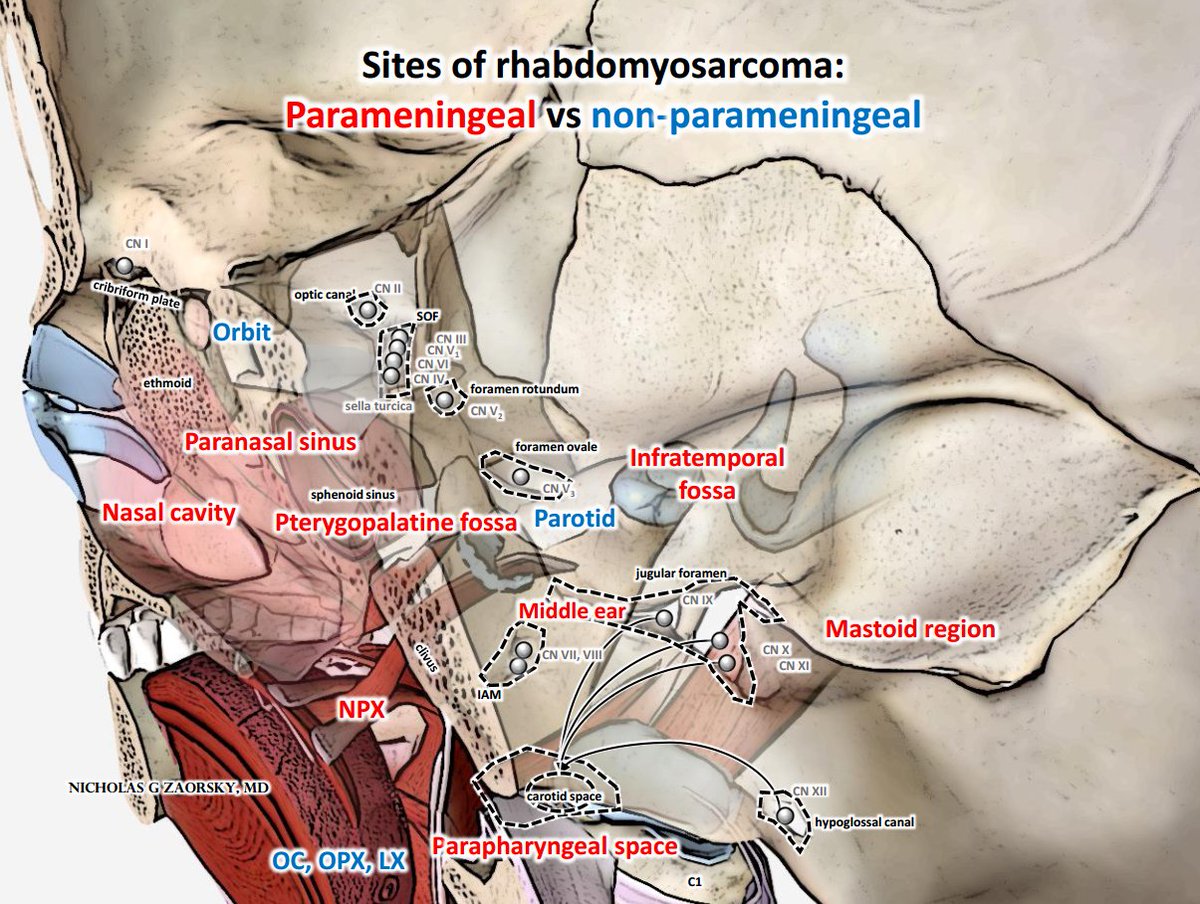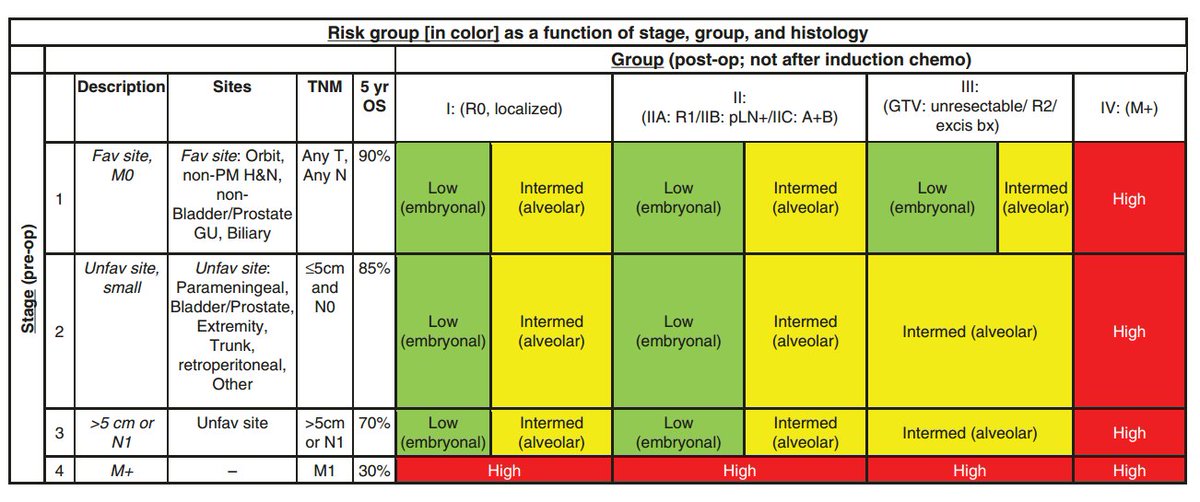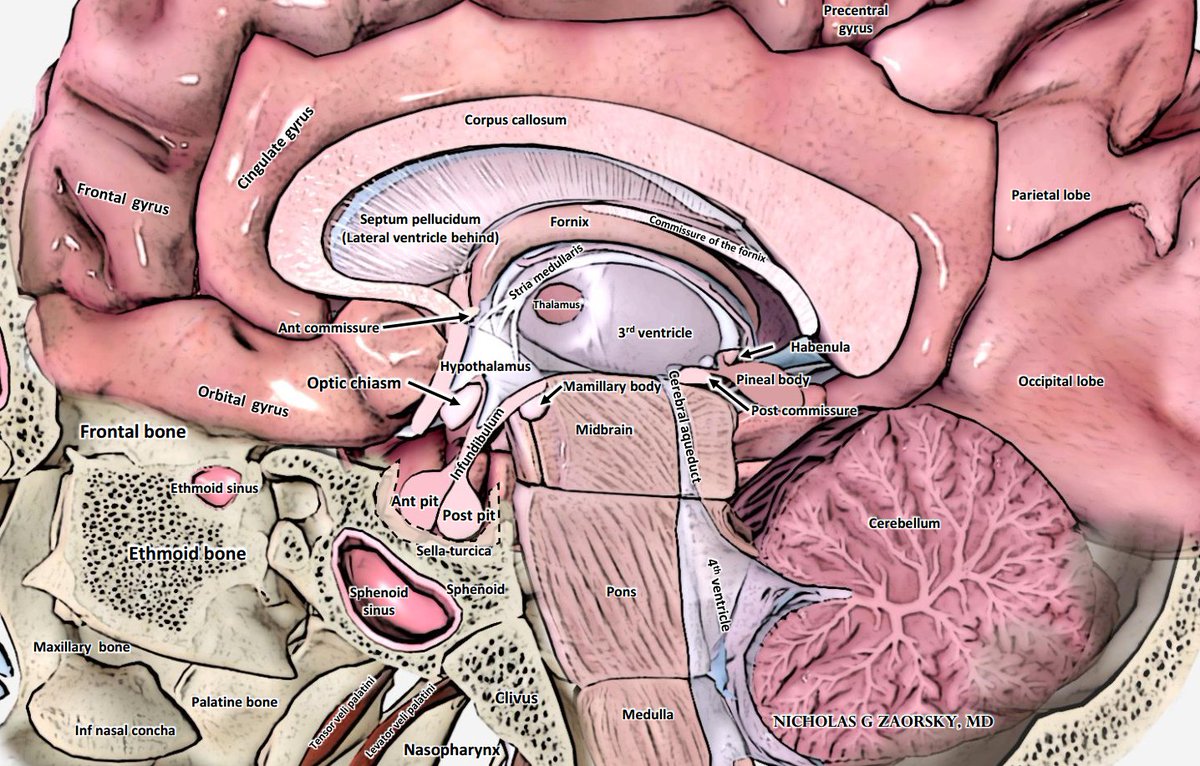
Advice for mentees (eg, med students, residents, junior faculty) who want to publish a manuscript
1. Research your mentor.
Know their body of work, content expertise
Do they routinely work w trainees?
Ask mentees who have worked w this mentor what the experience is like
Know their body of work, content expertise
Do they routinely work w trainees?
Ask mentees who have worked w this mentor what the experience is like
For example, I see work of @DrSpratticus and the people who are thankful to receive his guidance.
@RadoncUh @UHhospitals trainees and faculty are lucky to have @DrSpratticus.
@annalaucis @DanWahlMD @UMichRadOnc @BaydounMDPhD
@RadoncUh @UHhospitals trainees and faculty are lucky to have @DrSpratticus.
@annalaucis @DanWahlMD @UMichRadOnc @BaydounMDPhD
https://twitter.com/annalaucis/status/1404177692610678784
2. When you initially contact your mentor, send:
brief intro
your interests, goals
if you have interest in particular project, why
CV
skills (eg, biostats, AI/ML, making apps, @Photoshop, video editing)
brief intro
your interests, goals
if you have interest in particular project, why
CV
skills (eg, biostats, AI/ML, making apps, @Photoshop, video editing)
For example, @EricLehrer was a biostatistician.
He communicates in a language w @wedney2017 + biostats team that I don't understand. 😅
The papers are awesome.
He communicates in a language w @wedney2017 + biostats team that I don't understand. 😅
The papers are awesome.
https://twitter.com/nicholaszaorsky/status/1352264313227022337
Christine Lin (@PennStHershey med student) builds apps and has been a coauthor on a number of works just by applying this skill
https://twitter.com/nicholaszaorsky/status/1364917128130945025
3. Don't send an email longer than the screen of your phone.
Consider asking to meet and discuss further.
It's sometimes faster to discuss on phone, via zoom, or in person rather than typing it out.
Consider asking to meet and discuss further.
It's sometimes faster to discuss on phone, via zoom, or in person rather than typing it out.
4. If you ask to meet, send prep materials a few days before, eg:
most recent version of manuscript, figures, response letter
questions
roadblocks
Faculty members are asked to attend a ton of meetings, and many could be shortened.
most recent version of manuscript, figures, response letter
questions
roadblocks
Faculty members are asked to attend a ton of meetings, and many could be shortened.

5. Establish your involvement in the project and author line order early.
If you do bulk of writing, you could be first author.
If more peripheral role, you could be a co-author.
I don't understand why faculty have trainees help on a project but then don't include as coauthors.
If you do bulk of writing, you could be first author.
If more peripheral role, you could be a co-author.
I don't understand why faculty have trainees help on a project but then don't include as coauthors.

6. As the trainee, it is your job to find all the grammar/syntax errors, typos, and formatting problems.
You did all this when you submitted papers in college, so keep up the great work.
If you are junior trainee, this might be your only role.
You did all this when you submitted papers in college, so keep up the great work.
If you are junior trainee, this might be your only role.

7. Don't ghost the mentor.
It is difficult to know what happened:
personal problems?
family problems?
illness?
lack of interest in project?
emails not going through?
If something changed, just say so. A good mentor shouldn't be offended.
It is difficult to know what happened:
personal problems?
family problems?
illness?
lack of interest in project?
emails not going through?
If something changed, just say so. A good mentor shouldn't be offended.
8. At all times, be able to describe prospectus of your project, eg, background, purpose, general methods, your role in project.
Your prospectus is fair game for interviews and will hopefully materialize into a publication.

Your prospectus is fair game for interviews and will hopefully materialize into a publication.
https://twitter.com/NicholasZaorsky/status/1418374866076672002
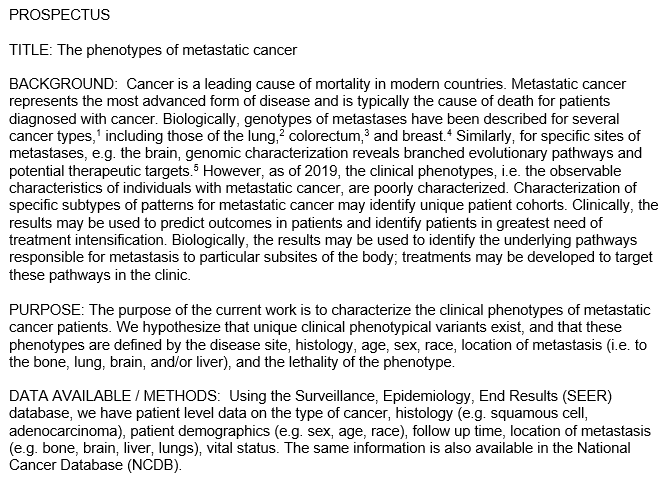
9. Finish your projects. Take on new projects carefully. Balance your projects with the rest of your life. 
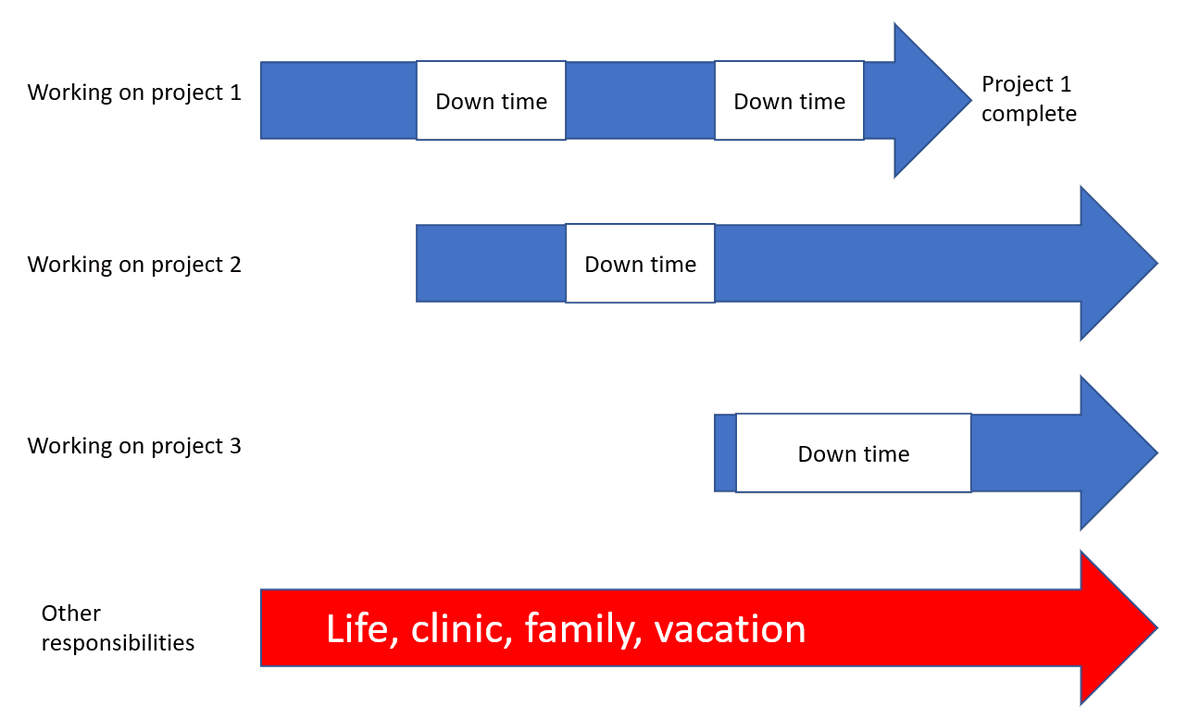
Our life is:
1/3 work
1/3 family and friends
1/3 sleep
Imbalance in any third will negatively affect the other parts.
@LeilaTchelebi
1/3 work
1/3 family and friends
1/3 sleep
Imbalance in any third will negatively affect the other parts.
@LeilaTchelebi
10. A rule of thumb is that you should try to get the manuscript back to your mentor in 1-2 weeks (assuming you have the data to write up).
Keep your mentor up to date on your progress.
Keep your mentor up to date on your progress.
11. As junior scientific writers, we are too wordy.
It's no surprise because our colleges asked us to write 40 page papers. 😅
Scientific writing is all about condensing information into as few words as possible, like a haiku.
It's no surprise because our colleges asked us to write 40 page papers. 😅
Scientific writing is all about condensing information into as few words as possible, like a haiku.
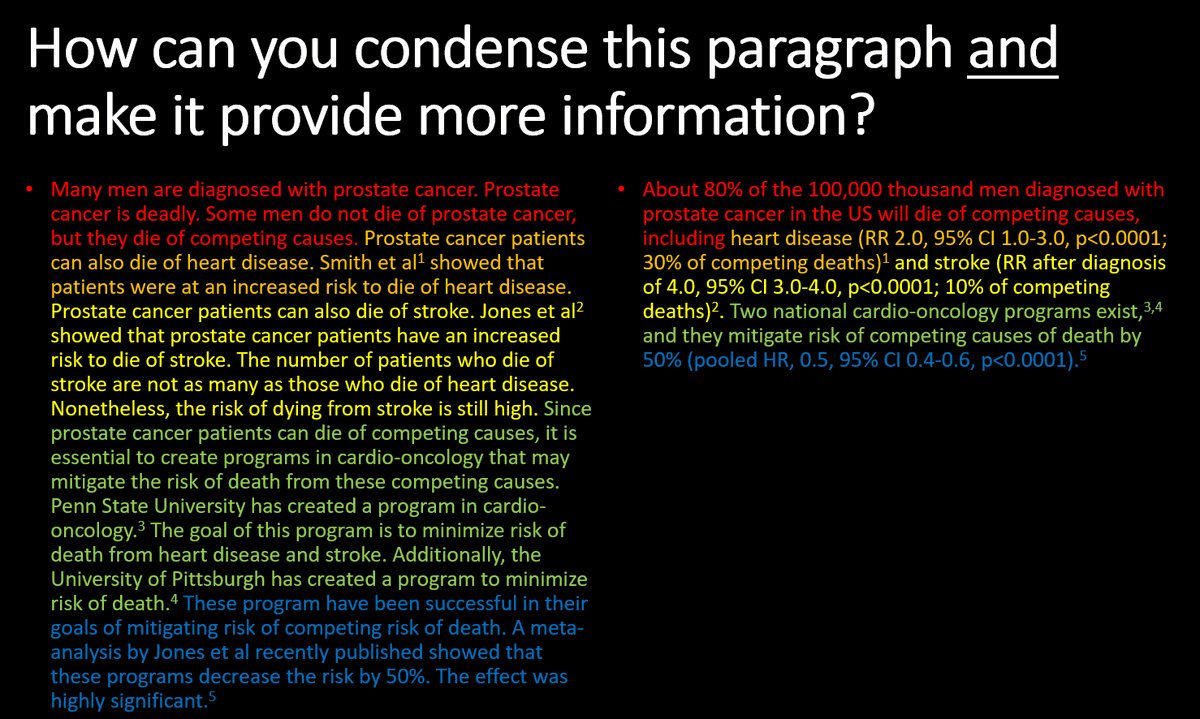
12. If your are presented w a potential project where you have to code 100 variables per patient without clear purpose, I would avoid the project.
These projects are usually fishing expeditions.
In residency, we called them "freedom from everything" projects. @ThomasChurilla
These projects are usually fishing expeditions.
In residency, we called them "freedom from everything" projects. @ThomasChurilla
Almost invariably, the mentee will later be asked to go through the charts again to code variable #101.
https://twitter.com/NicholasZaorsky/status/1480888155691757572
13. Done is better than perfect.
Perfect is the enemy of good.
Give yourself a deadline and write what you can. Once you have a draft, send it to your mentor.
Perfect is the enemy of good.
Give yourself a deadline and write what you can. Once you have a draft, send it to your mentor.

14. Underpromise and overdeliver.
Tell your mentor you will be able to send part of the manuscript in 2 weeks, then send the whole manuscript in 1 week.
Tell your mentor you will be able to send part of the manuscript in 2 weeks, then send the whole manuscript in 1 week.
15. Use referencing software.
Do not reference manually, it is not worth your time.
Some good options:
EndNote, Zotero, Paperpile, Readcube
Do not reference manually, it is not worth your time.
Some good options:
EndNote, Zotero, Paperpile, Readcube
https://twitter.com/DrSpratticus/status/1476602965976924165
16. Find your place of zen and invest in technology to optimize writing.
With a dual screen monitor (preferably 1080p+) and the Split Window tool, you can have your manuscript, response letter, reference manager, PDFs, and browser all open at once.
With a dual screen monitor (preferably 1080p+) and the Split Window tool, you can have your manuscript, response letter, reference manager, PDFs, and browser all open at once.

17. Make life easy for co-authors.
When sending manuscript, send semi-completed COI form and offer to complete it for them (w their permission/info).
Inform everyone if manuscript was submitted, resubmitted. They might get email to affirm authorship.
icmje.org/disclosure-of-…
When sending manuscript, send semi-completed COI form and offer to complete it for them (w their permission/info).
Inform everyone if manuscript was submitted, resubmitted. They might get email to affirm authorship.
icmje.org/disclosure-of-…

18. Be nice, hard-working, and smart. And in that order.
You don't have to be the brightest light bulb, just shine as bright as you can all the time (do your best!).
@DrSpratticus @VPrasadMDMPH
You don't have to be the brightest light bulb, just shine as bright as you can all the time (do your best!).
@DrSpratticus @VPrasadMDMPH
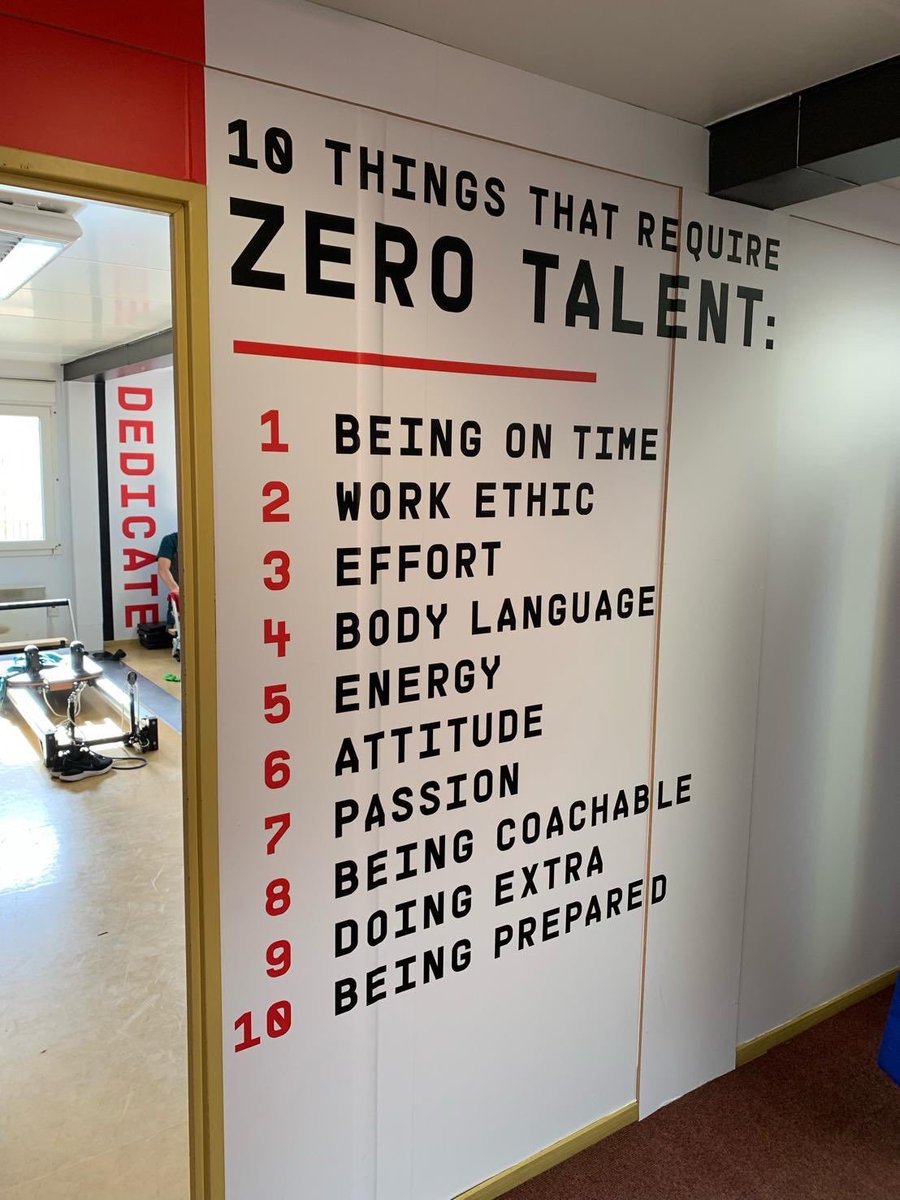
19. As we get older, we start to get conflicting advice from different mentors. Sometimes, the advice is also in contrast to what our close friends and family recommend.
Ultimately, you have to decide which pieces of advice are best.
Ultimately, you have to decide which pieces of advice are best.
• • •
Missing some Tweet in this thread? You can try to
force a refresh









